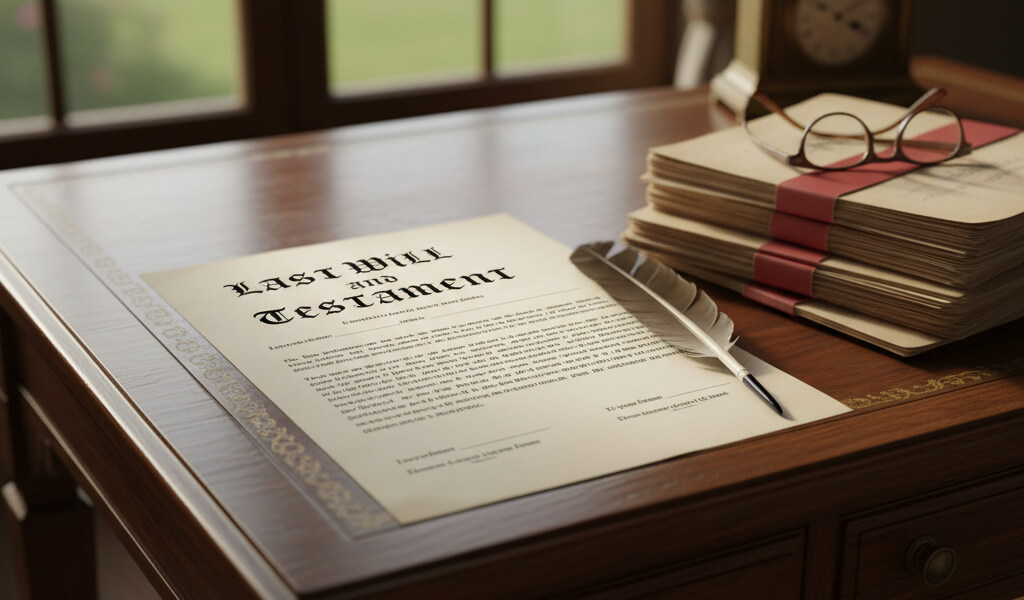September 24, 2025

Creating a will is one of the most effective ways to protect your loved ones, express your final wishes, and avoid unnecessary conflict after your death. Yet millions of Americans pass away each year without a legally valid will—a situation known as dying intestate.
When this happens, state laws, not you, decide what happens to your property, who gets your assets, who raises your children, and how your legacy is handled. Below, we break down what occurs when someone dies without a will and why planning ahead is a crucial act of care for those you leave behind.
When a person dies intestate, it means they did not have a valid will at the time of death. In this case, the probate court must follow that state’s intestacy laws—a rigid set of rules that determine who inherits your property.
These laws vary by state, but generally follow this order of inheritance:
If no living relatives can be located, your estate may escheat to the state, meaning the government keeps your assets.
Without a will, a probate judge will appoint an administrator (also called a personal representative) to manage your estate. This person:
You lose the power to appoint a trusted individual to carry out your final decisions.
State laws determine who gets what—regardless of your intentions or the complexity of your family relationships.
Want to avoid miscommunication and ensure assets are passed as intended? Learn more in The Role of a Trustee in an Estate Plan.
Probate without a will is often more time-consuming and expensive, for several reasons:
Delays can last months—or even years—especially if assets are complex or multiple heirs file claims.
Without a will naming a legal guardian, the court will decide who will care for your children. This decision may:
Naming a guardian in your will ensures your children are raised by someone who aligns with your parenting philosophy and lifestyle.
In the absence of clear instructions, disputes among siblings, step-relatives, or extended family can lead to:
Even in otherwise close families, grief combined with financial uncertainty can lead to conflict.
If you wish to leave money or property to a:
…they will not receive anything unless named in a valid will or trust. State laws do not recognize personal relationships outside of blood or marriage for inheritance purposes.
See how to include these important people in your plan using trusts and proper estate documents.
Dying without a will can leave your estate exposed to higher taxes and prevent your loved ones from accessing essential resources.
Without proper planning:
Learn more in The Benefits of an Irrevocable Trust.
When the probate process is more complex, your estate may lose value due to:
Your heirs may wait months—or even years—to receive what they’re legally entitled to. During this time:
Certain life scenarios make dying without a will particularly risky:
Dying without a will doesn’t just affect your finances—it can derail your legacy, create emotional turmoil for your family, and leave critical decisions in the hands of strangers. But by creating a will—and updating it as your life evolves—you give your loved ones clarity, protection, and peace of mind.
Don’t leave your legacy to chance. Take control with a plan that reflects your values, relationships, and wishes.
Stay up to date with the latest tips, expert insights, product reviews, and step-by-step guides to help you grow, create, and succeed—no matter your industry or passion.